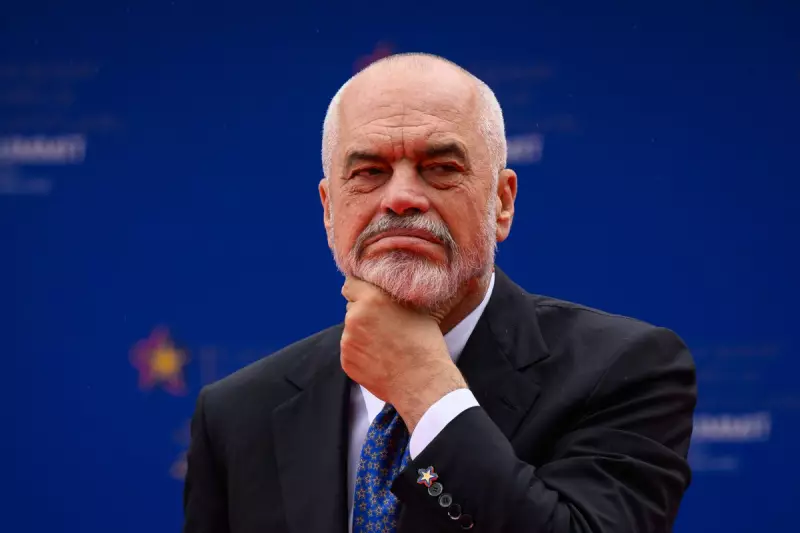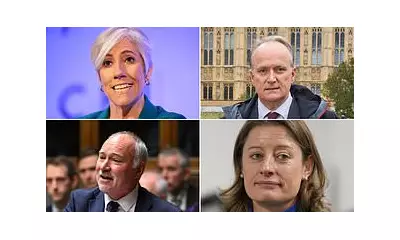
In his first major foreign policy initiative since entering Number 10, Prime Minister Keir Starmer has launched a bold new partnership with Western Balkans nations, signalling a significant shift in Britain's European engagement strategy.
The high-profile summit brought Albanian Prime Minister Edi Rama to Downing Street, alongside other regional leaders, as the UK government seeks to strengthen alliances in a region increasingly vulnerable to Russian influence and political instability.
A Strategic Recalibration
This diplomatic offensive represents a clear departure from previous foreign policy approaches, with Starmer's administration prioritising European security cooperation despite Britain's exit from the EU. The Western Balkans, long viewed as a geopolitical flashpoint, now emerges as a key testing ground for the Prime Minister's international credentials.
"The Western Balkans are profoundly important to the security of Europe," Starmer declared during the summit. "We must work together to counter those who seek to undermine regional stability and democratic values."
Concrete Commitments
The new partnership framework includes several key initiatives:
- Enhanced security cooperation to combat organised crime and foreign interference
- Economic development programmes to stimulate growth and investment
- Educational exchanges and cultural partnerships
- Joint efforts to strengthen democratic institutions and anti-corruption measures
Albanian PM Edi Rama welcomed the renewed engagement, stating: "This represents a significant step forward in our bilateral relations. The UK's commitment to regional stability sends a powerful message at a crucial time."
Domestic Implications
The summit also highlighted the changing face of British diplomacy under the new government. Justice Secretary Shabana Mahmood's prominent role in the proceedings underscored the administration's commitment to diverse representation in international affairs.
Political analysts suggest this move positions the UK as a potential bridge between European and Balkan interests, filling a strategic gap left by shifting global alliances and ongoing conflicts in Eastern Europe.
As Starmer's government finds its footing on the world stage, this Western Balkans initiative demonstrates a clear intent to redefine Britain's global role through strengthened regional partnerships and renewed diplomatic engagement.





